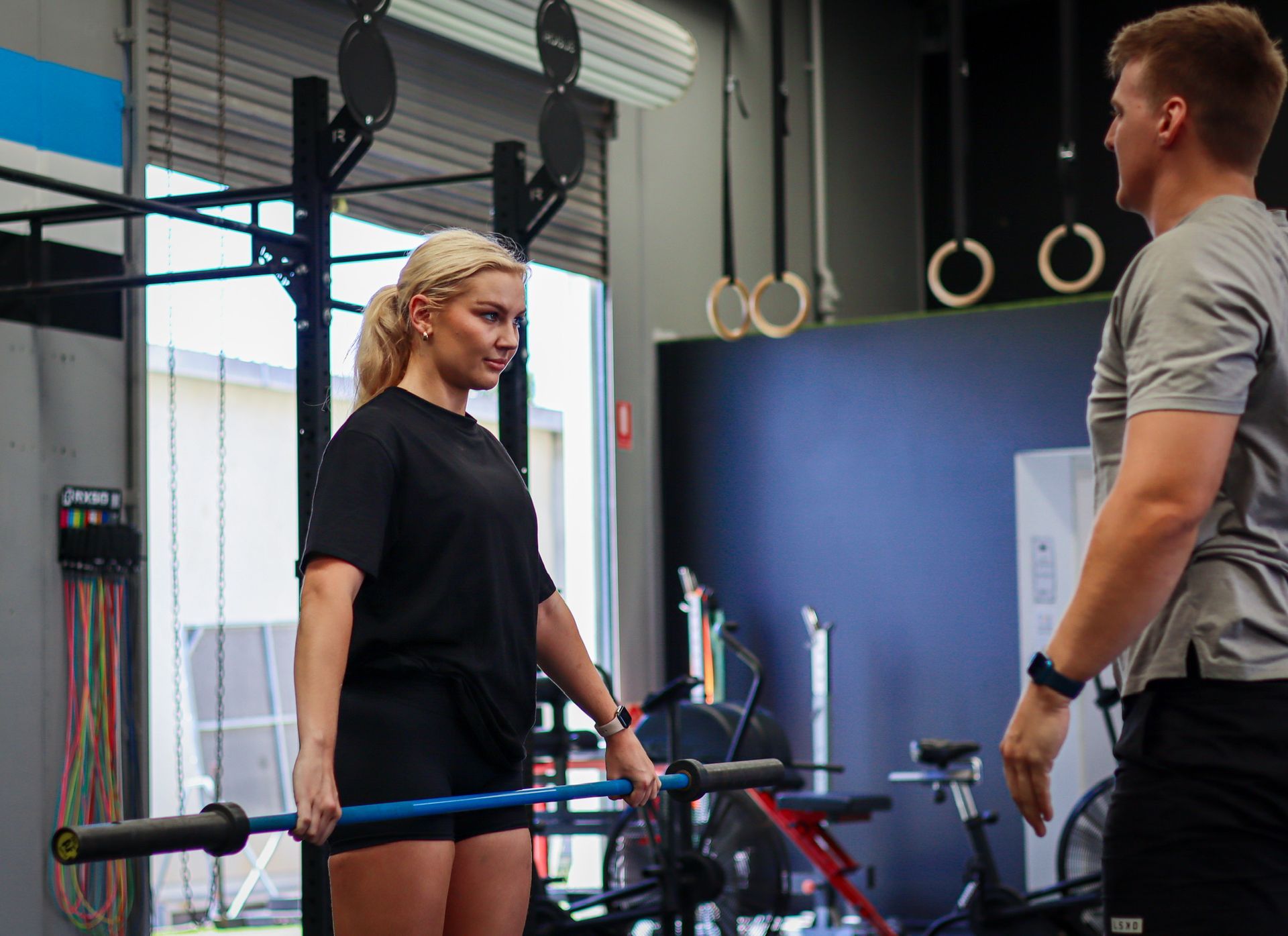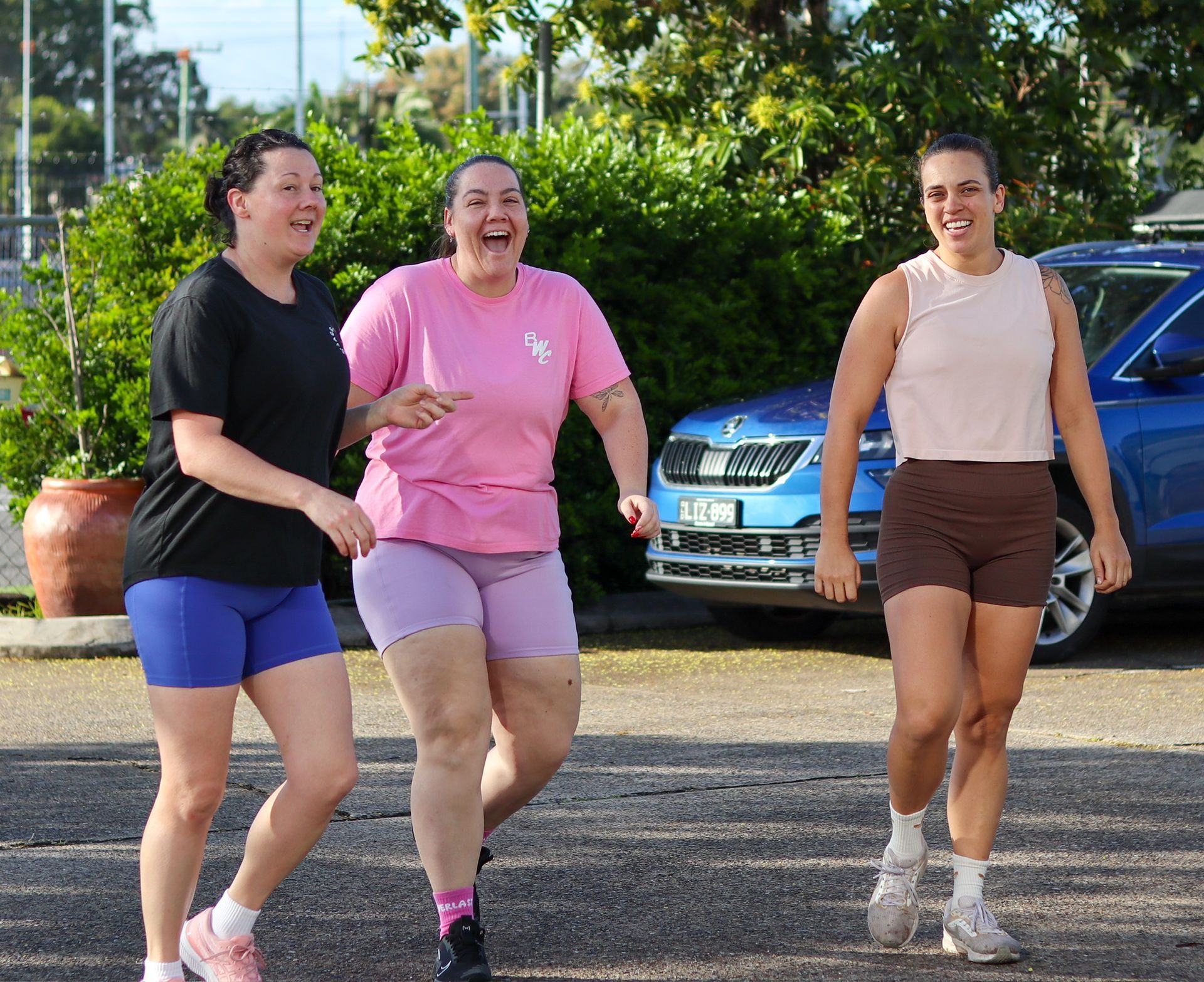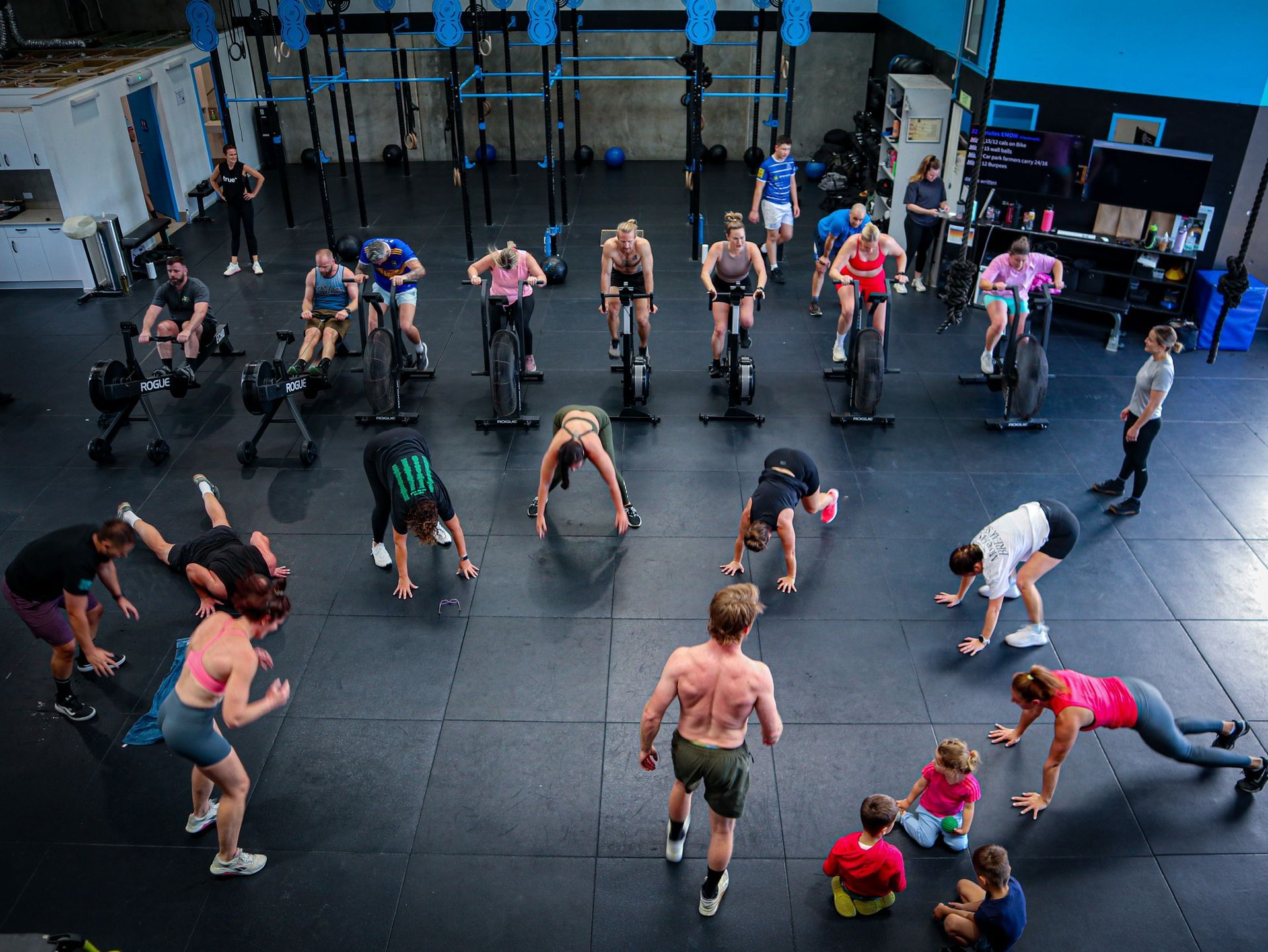Alcohol: The Simple Science And Effects On Fat Loss
Whether it’s a wedding, casual hangout, or just a night to unwind — alcohol tends to make an appearance. It’s part of our culture, part of how we connect, celebrate, and sometimes escape.
But while it may help us relax or feel more social in the moment, the downsides of drinking often outweigh the upsides — especially when it comes to your health, sleep, and training progress.
In this week’s episode of the Rebuild Health and Fitness Podcast, Sean and James break down what alcohol actually does to your body and how you can make smarter choices — not to eliminate drinking entirely, but to make it less bad.
Alcohol as a Social Connector
“It’s a drinking culture,” says James. From playing rugby at 16 to joining social clubs in adulthood, alcohol has been a common thread in social connection.
“You play sport, then you drink. That’s the nature of sport all around the world. When I moved to Australia, how did I connect with people? I joined a rugby club and went out for drinks. It becomes so ingrained in what we do.”
Sean adds, “Like any drug, alcohol allows for a form of escapism. You have all these walls set up, and it helps them come down.”
But behind the social mask, alcohol is still a toxin. And your body knows it.
What Happens in Your Body When You Drink?
“When you drink, your body stops metabolising everything else to prioritise getting the alcohol out of your system,” explains James.
Alcohol can’t be stored — the body sees it as poison. Your liver gets to work, using enzymes like alcohol dehydrogenase to break it down into other compounds. One of these is acetaldehyde — a toxic substance thought to be responsible for hangovers.
“Everything goes through the liver. If you're drinking heavily over long periods, this process gets overwhelmed. That’s when health problems start to stack up,” says James.
The Impact on Sleep
While a nightcap might help you drift off faster, it doesn’t give you quality sleep.
“When you’re sleeping without alcohol, your brain is doing important maintenance — repairing the body, consolidating memories, processing stress,” Sean says.
“But alcohol knocks you out more like an anaesthetic than true sleep. You’re sedated, not resting. You’ll wake up during the night, feeling unrested, groggy, and more stressed.”
James shares his personal experience: “There’ve been times in my life where alcohol hit me hard. I hate not remembering things. That’s why I take sleep seriously now — everything got worse the more I drank.”
Alcohol and Fat Loss
If you're trying to lose weight, alcohol might be the hidden saboteur in your plan.
A bottle of red wine? Around 600 calories. Beers can range from 80 to 400 calories. And that’s before the late-night snacks.
“There’s a 2020 paper that found even one standard drink a day increases your health risks,” says James. “One gram of alcohol has seven calories — ten beers can be nearly 2,000 calories. That’s a lot, especially if you’re training hard and watching your food.”
Your body also puts all other metabolic processes on hold while dealing with alcohol — so fat-burning and recovery take a back seat.
How to Make It “Less Bad”
Sean and James aren’t here to tell you to quit drinking — they enjoy a drink too. But their approach is about making better choices and reducing the impact alcohol has on your health.
Some ideas:
- Switch to low-calorie options: “If my clients enjoy beer or cider, I encourage them to try spirits with low-cal mixers,” says James. “A vodka and soda is around 67 calories — that’s a big difference from a 300-calorie pint.”
- Try non-alcoholic alternatives: “There are so many great alcohol-free beers and spirits now,” Sean says. “Bring one to a party and see how it feels. Sometimes the placebo is enough to get you through the social side.”
- Support your recovery: Hydrate, move your body, and prioritise sleep. “You don’t need to earn the right to drink,” Sean says, “but you do need to manage the habits around it.”
- Challenge your defaults: If you're using alcohol to destress, it’s likely doing the opposite. “Poor sleep from alcohol makes it harder to handle stress the next day,” Sean explains. “If you sleep better, you'll deal with life better.”
This isn’t about perfection. It’s about doing what you can to improve your health — or at least avoid making it worse.
As Sean puts it: “If you can't make it better, how do you make it a little less worse?”
By understanding how alcohol affects your body and making small, sustainable changes, you can still enjoy the moments that matter — without sacrificing your progress.
Previous Blogs




